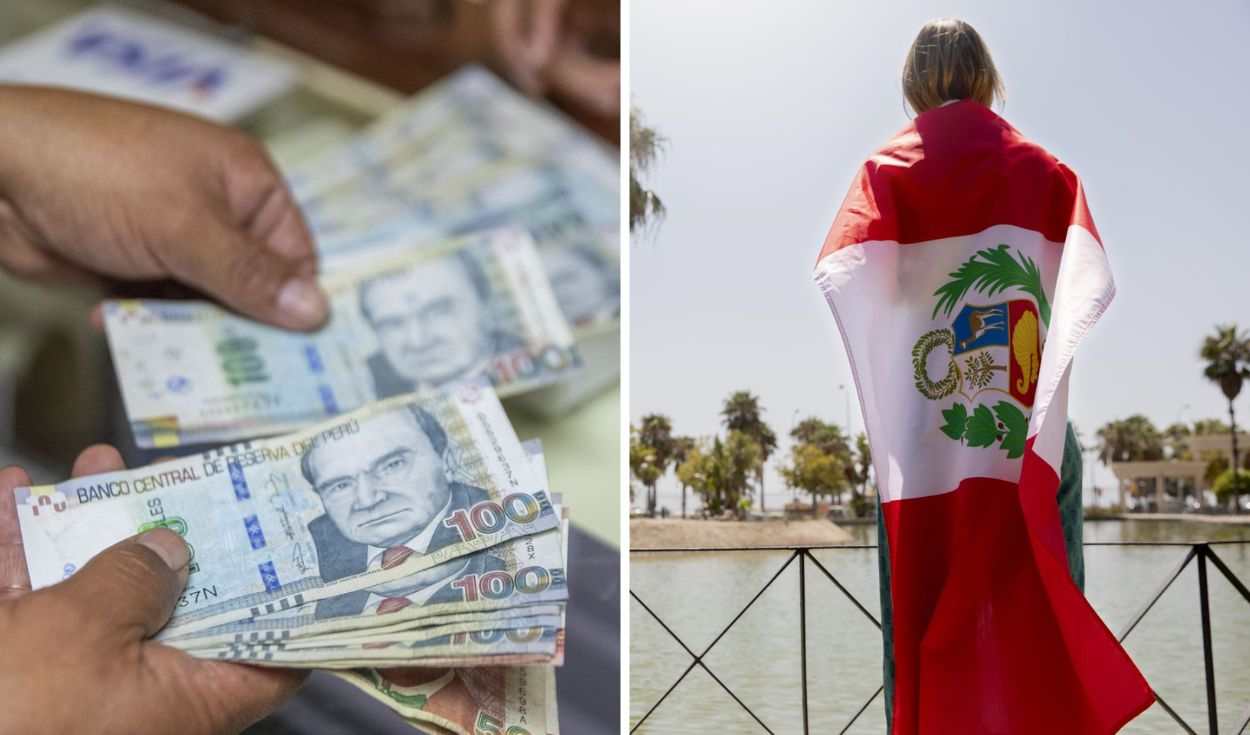
The July bonus is a benefit expected by many workers, as it represents a additional income which is added to the regular salary. This payment, regulated by the Law that regulates the granting of bonuses for workers in the private activity regime, National Holidays and Christmas, seeks to reward the efforts of employees and provide them with financial relief.
In 2024, workers will receive their bonus with an extra amount, the variation of which depends on the type of health insurance to which they are affiliated. The details and how this benefit is calculated are explained here.
How can I calculate my bonus?
Calculating the bonus is a simple process that depends on the monthly salary of the worker and the time worked during the semester. To calculate it, the gross salary of the worker and is divided by the months worked. If the worker has worked the entire semester, he/she will receive a full bonus equivalent to a monthly salary.
If you have not worked the full six months, you will receive a bonus proportional to the time worked. For example, if you worked three months in the semester, you will receive half of a full bonus.
What is the extra amount that will be given as a bonus?
The July bonus includes an additional amount that varies between 9% and the 6.75% of the worker’s salary. This additional amount depends on the health insurance to which the worker is affiliated. Those affiliated with EsSalud will receive an additional 9% on their bonus, while members of a Health Provider Entity (EPS) will receive 6.75%.
For example, if a worker affiliated with EsSalud has a bonus of S/1,000, he will receive an additional S/90. On the other hand, a worker affiliated with a EPS With the same bonus, the employee will receive an additional S/67.50. This difference is due to the temporary exemption of the contribution to EsSalud during July, intended to encourage consumption and provide greater liquidity to workers.
Who receives gratuities in Peru?
All the workers formal in form are entitled to receive the July bonus. This includes those with permanent, fixed-term and part-time contracts, provided they have worked at least one month during the corresponding semester. Public sector workers do not receive bonuses, as they have other types of bonuses.
If I have debts, can the bank keep my bonus?
The bonus is an economic benefit granted to workers and is exempt from discounts such as AFP, ONP or health insuranceHowever, if a worker has outstanding debts with financial institutions, the bank can retain part of their bonus to cover these debts. This retention depends on the agreements established between the worker and the financial institution. Therefore, it is possible that the bank keeps a part of the bonus to settle the worker’s debts.
What is gratification?
The gratification It is an additional economic benefit granted to formal workers in the private sector twice a year, in July and December. This payment seeks to recognize and compensate the efforts of workers throughout the year, providing them with extra income at key times: the National Holidays and Christmas.
Source: Larepublica
Alia is a professional author and journalist, working at 247 news agency. She writes on various topics from economy news to general interest pieces, providing readers with relevant and informative content. With years of experience, she brings a unique perspective and in-depth analysis to her work.











